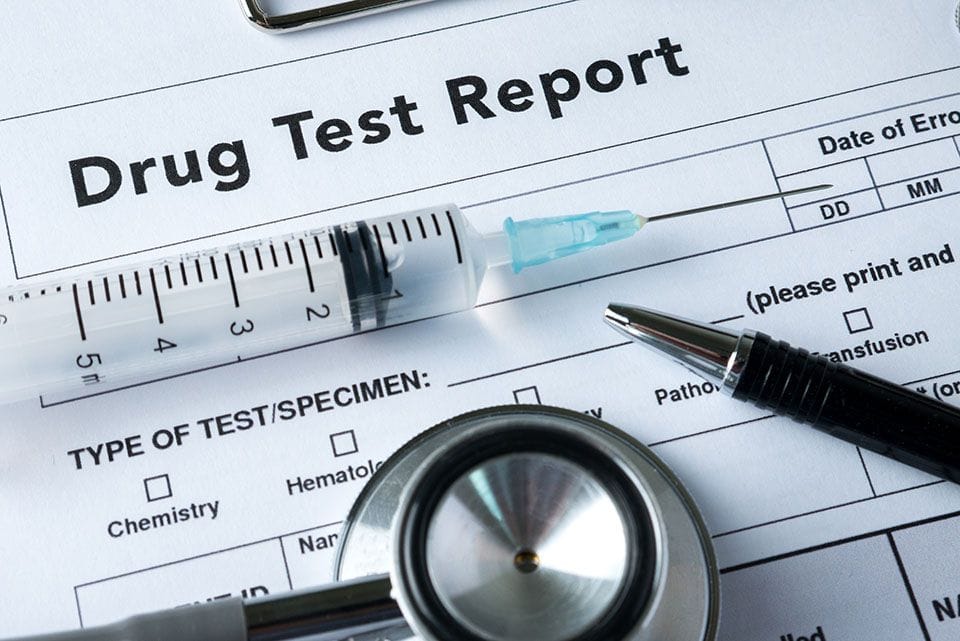Heavy alcohol use carries a hefty price tag in so many ways. It takes a toll on overall health, damages interpersonal relationships, often results in poor work performance and its consequent impaired judgment frequently leads to other negative behaviors. Now a study shows that heavy drinking may also put a person at greater risk for developing anxiety disorders like post-traumatic stress disorder (PTSD). The one month study used laboratory mice to investigate how large volume alcohol consumption might impact one’s ability to recover from perceived danger. For a person suffering with PTSD, there is an inability to put a traumatizing incident behind them as an experience of the past which no longer poses a present danger. To find out how alcohol use might affect recovery from trauma, researchers set up a carefully designed test scenario. First, the lab mice were divided into two groups: one group received no alcohol while the second group was administered alcohol that would equate to two times the legal limit for a human being. Next, the mice were habituated to associate the sounding of a specific tone with an unpleasant electric shock. After a time, all the mice exhibited anxiety whenever the tone was sounded. In the last stage of testing the tone was sounded with no accompanying electric shock. The non-alcohol affected mice eventually figured out that the tone no longer meant danger and ceased demonstrating fearful behavior when they heard it. The alcohol-affected mice, however, continued to freeze in fear every time the tone sounded for a long time after the shocks were discontinued. The research team not only showed that heavy alcohol use slowed down the mice’s ability to recover from danger, they explored what occurred in the brain to make this so. By comparing brain cells in the affected and non-affected mice, the researchers found distinct differences in neural circuitry. Brain cells in the pre-frontal cortex were deeply affected by alcohol and an important receptor known as NMDA was suppressed as a result of alcohol intake. Together these changes show more precisely how alcohol damages brain function and especially its ability to wisely rule emotional responses. In one sense, heavy alcohol use puts a person at risk for experiencing traumas. The risk of trauma such as domestic abuse or traffic injury goes hand in hand with increased alcohol consumption. But heavy drinking not only makes it more likely that a person will undergo a trauma, it also makes it less likely they will be able to recover from that trauma. The study demonstrates how regular alcohol abuse can impair the brain’s ability to reasonably manage emotions which, in turn, can affect the likelihood that a person will become vulnerable to anxiety disorders such as PTSD.
Call for Immediate Help:1.844.876.7680


